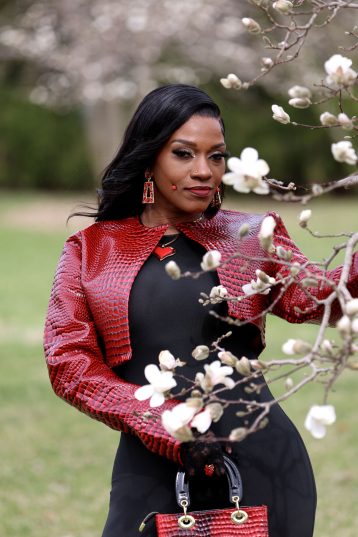When we think about the relationships in our lives, our relationship with food is not typically one that comes to mind. However, your relationship with food can be one of the most important ones.
Think about it. We eat food many times per day, we need it to sustain our energy and to keep us alive.
Can you imagine having a toxic or troublesome relationship with anyone else in your life that has such importance without feeling the need to nurture it and make it the best it can be? Probably not. Therefore, the relationship we have with food is of the utmost importance.
So, where do you start when examining your relationship with food?
It can be a bit of a journey and often can require the guidance of a professional. Someone like a qualified health coach or a counselor can be necessary. But there also are ways to get started examining your relationship with food on your own.
You can start by taking time to sit down and use these three questions as journaling prompts:
1. How would you describe your relationship with food?
This might be the most obvious question, but it is an important one. Sometimes, sitting down to think about your relationship can be incredibly eye-opening. Often, people will realize that they have certain fears around food stemming from childhood, media or diet culture. Or, maybe they realize that the food that they eat can make them feel like a “good” or “bad” person.
2. Do you feel that you need to completely cut out certain foods or food groups to maintain your health?
It is common that many of us feel the need to cut out certain food groups to be healthy. This is something that diet culture has ingrained in us since we were very little. Of course, certain foods are more health-promoting than others. However, when we completely restrict ourselves from foods we enjoy all in the name of “health,” it can increase bingeing behavior with those foods, which can have big impacts on both our physical and mental health.
3. Do you find yourself always looking for that next miracle diet?
Diets can be enticing because they can give us boundaries on the foods we eat and make us think that we will be in more control. This makes a ton of sense because, from a young age, human beings crave boundaries. Boundaries make us feel safe. Many of us even received boundaries around our food beginning as toddlers (having to eat everything on our plate before dessert, restricted times around sugar intake, etc.).
While these boundaries were made with great intentions, they take away our power when it comes to trusting ourselves to eat what is best for our bodies. Once that trust is gone, we become very vulnerable to diet culture once we reach adulthood because we no longer have anyone to tell us no and no longer have trust in ourselves to make the “right” food decisions.
Working to gain your trust back in your body can be a tough road, but it is beneficial and freeing to get that trust back.
My biggest piece of advice when working with people struggling with their relationship with food is to educate yourself on how your body works, what it does with the nutrients you feed it, how other lifestyle factors impact your need for certain micro- and macro-nutrients, and how your body might be sending you messages as to what it needs via cravings and other signals that we typically deem as “bad.”
Once you begin examining your relationship with food and spend time nurturing and healing it, you’re on the road to freedom around food that we all deserve. It truly can improve the quality of your life, as well as your physical and mental health.
Bri Edwards is a holistic health coach at Healthy Foundations in Dubuque.















